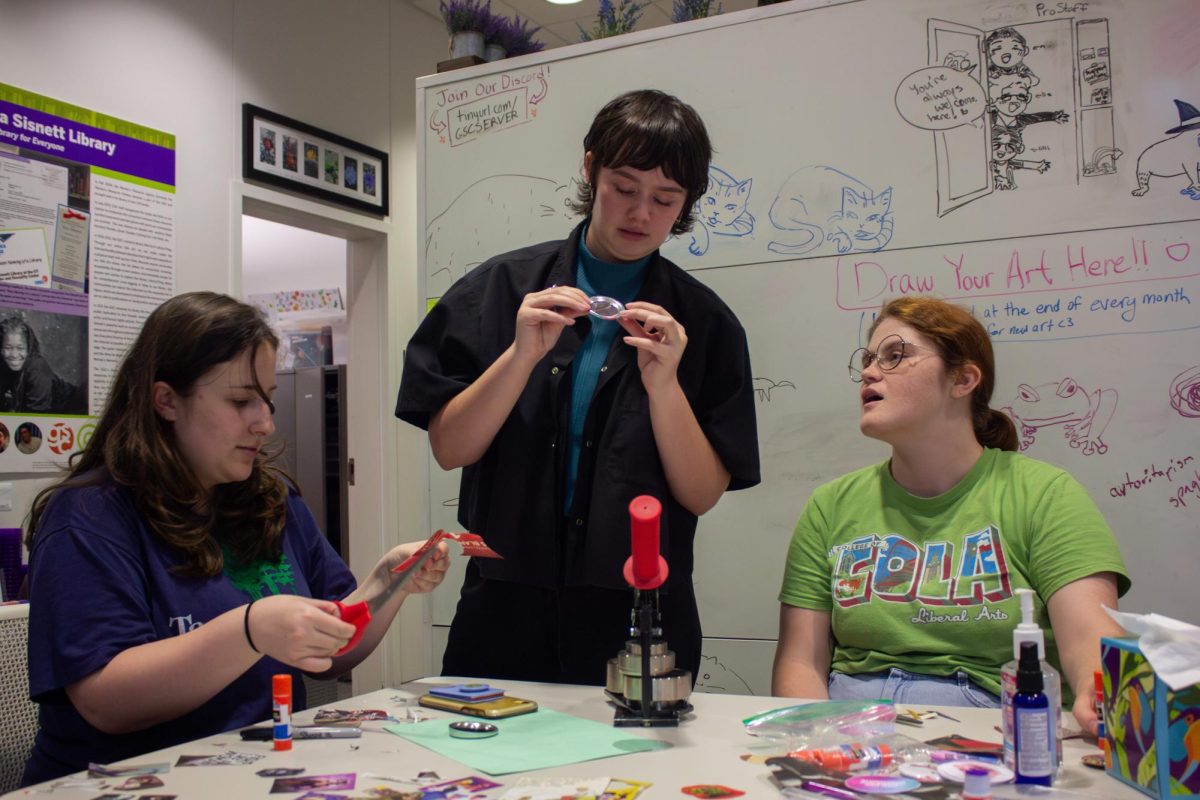John Locke. Virginia Woolf. Aristotle. Isaac Newton. Sigmund Freud.
When put side-by-side, what do these people have in common? UT students frequently come across these Western thinkers in class. But that may not be a good thing, some students argue.
Many of UT’s required courses, such as American literature and British literature, as well as many art and mythology courses under the Visual and Performing Arts requirement, focus on European and Western perspectives. There are fewer courses that offer minority perspectives, causing some students to feel excluded or underrepresented. For Sarah Kerr, an international relations freshman, this approach can be “propagandic.”
“Even though we live in the Western world, it’s dangerous to only focus on European perspectives,” Kerr said. “Students don’t get other ideas and consider anything outside of the Western tradition.”
Students hold different views as to why some UT courses include Eurocentrism. Government freshman Delaney Davis said the fields of study should be at fault rather than the professors teaching the material.
“Many fields have always focused on European minds,” Davis said. “Our professors were once students at universities and learned that these Westerners were the top minds in their field, so it’s going to be reflected in their course material. That’s all they’ve ever known.”
On the other hand, Kerr said the issue of Eurocentrism in course material stems from the University’s lack of diversity, since a large percentage of students on campus have come from Western European backgrounds.
“If UT was a more diverse school in terms of its ideas, Eurocentrism in our courses would not be as big of a problem,” Kerr said. “People would be challenging this issue more.”
A lack of diverse perspectives in the classroom can have many effects on the UT student experience. For example, government sophomore Daniel Porter said finding a large amount of Western literature in his world literature course was a “disappointment.”
“I feel like I’m wasting my time,” Porter said. “Reading just American and British literature was not what I signed up for. (Not studying literature from other parts of the world) is like buying a book and noticing that it’s missing a few pages.”
In addition to disappointing students, Kerr said emphasizing European perspectives negatively affects the minority student experience.
“It’s harmful to teach people as if Western civilization is the pinnacle of human progress,” Kerr said. “It’s a racist viewpoint, and I can only imagine how it feels not being able to see your race reflected and included in academia.”
However, Kerr, Davis and Dr. Monique Pikus, the Liberal Arts Honors Program associate director, said it might take many years before significant change can be seen to UT’s Eurocentric curriculum. But Davis said students have the power to add diverse perspectives.
“Most of the changes on campus occur because students voice their frustrations,” Davis said. “If students meet with their professors, come together and host events, and show that they are willing to support, debate, and discuss works written by minorities, their professors will be more inclined to add diverse perspectives to their classwork.”





















